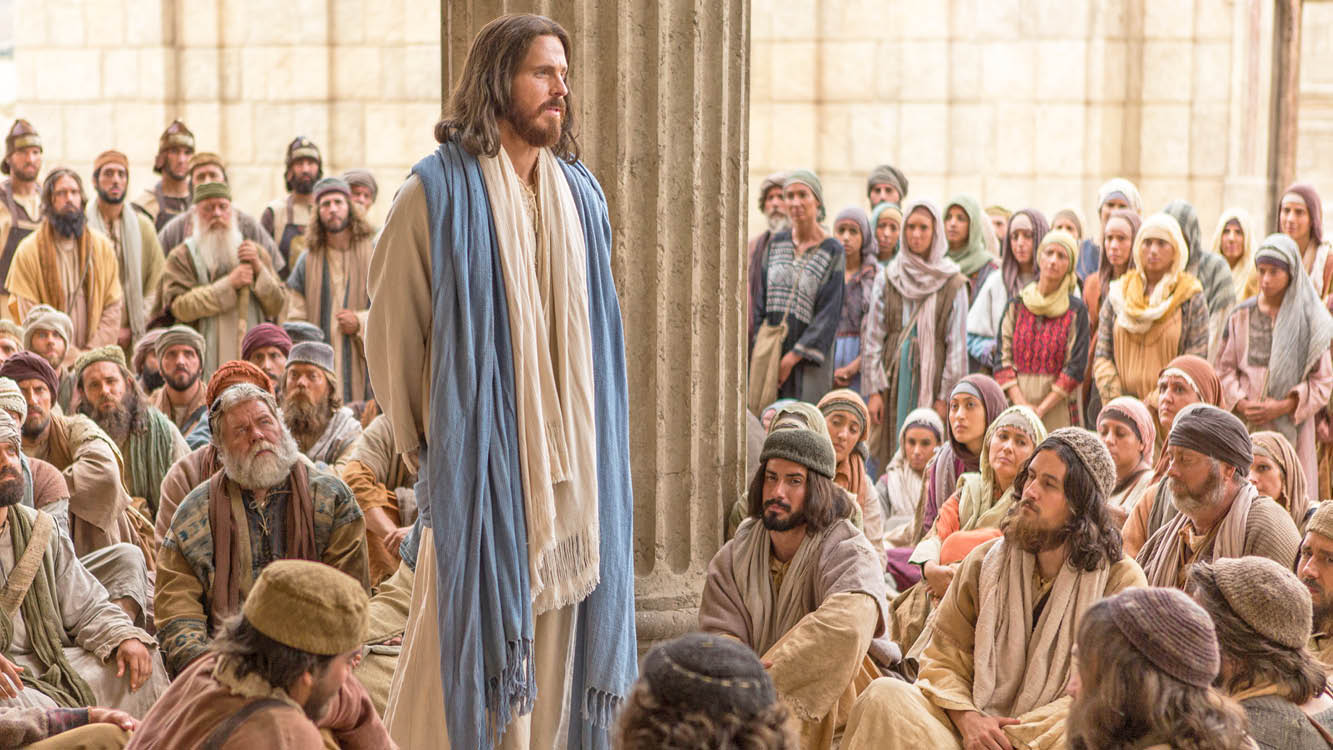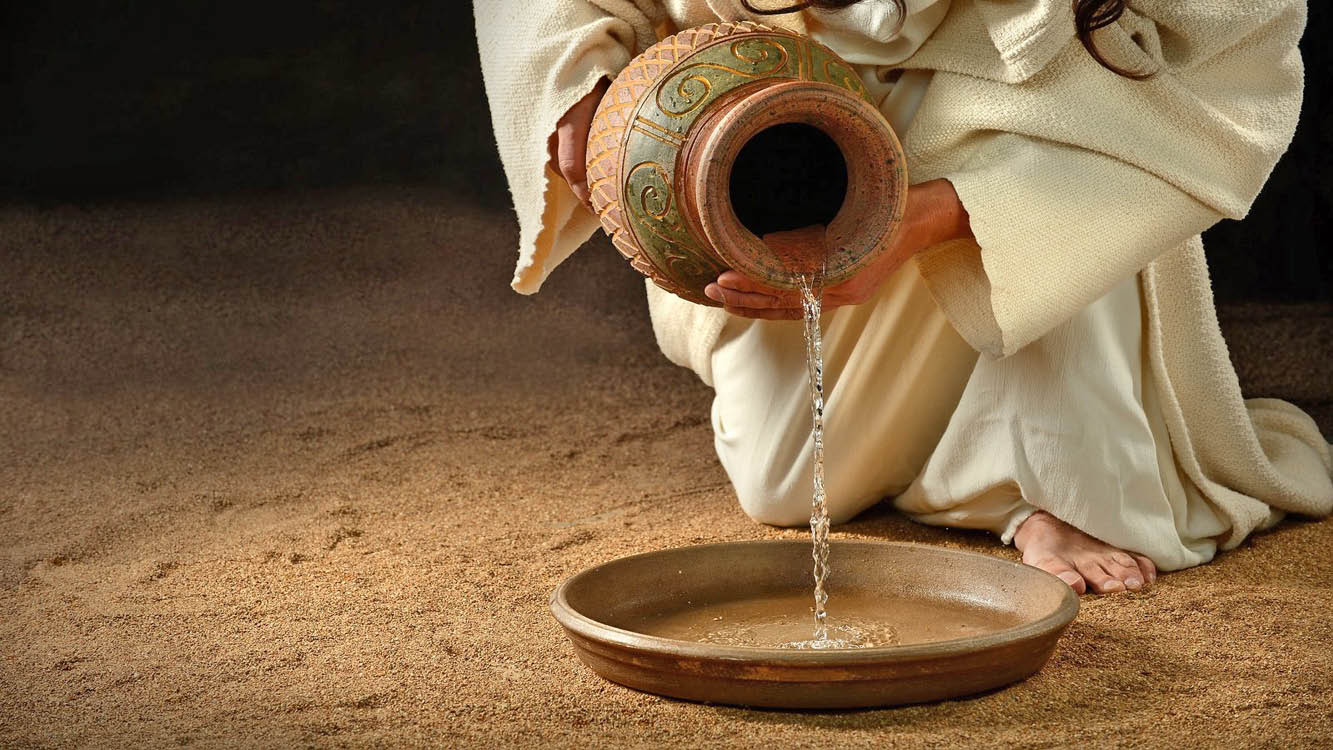Reflection on the Gospel of the Friday
|
Mark 12: 35-37 |
In the preceding passage, Jesus reminded his listeners of the importance of wholeheartedly loving “the one Lord” with all their being. In today’s gospel, while teaching at the temple, Jesus affirms his own status as Lord. He poses a question to the people, which remains unanswered.
One of the titles attributed to the Messiah by the Jews was “the Son of David.” By this, they meant to convey that he would be a great king like David. However, this title limited the Messiah’s mission to the Jews only.
Jesus questions the claims of the scribes regarding the Davidic lineage of the Messiah. His intention is not to deny it, but rather to suggest that he surpasses this designation of being just the “son of David.” His superiority stems from his transcendent origin, as even David himself acknowledged when he referred to the Messiah as “Lord” (Psalm 110:1). Jesus emphasises that the Messiah is not solely David’s son but also his “Lord.” The term “Lord” was understood as a reference to a forthcoming messiah who would bring victory to Israel. Mark (in his gospel) demonstrates Jesus’ ability to bring these two ideas together and suggests that they are incompatible. Essentially, Jesus is asking: If the coming messiah is a descendant of David, why does David address him as “my Lord”?
Assuming that David is the speaker in Psalm 110:1, he must be speaking of someone other than himself. The first “Lord” refers to God, while the second “my Lord” must be someone distinct from and superior to David. The Messiah’s identity cannot be fully encapsulated by the description of being the Son of David.
Jesus, in his humanity, is the son of David and therefore his successor. Yet, he is also the divine Son of God and thus David’s superior Lord. (Catechism of the Catholic Church: 202, 668).
Prayer: Jesus, I firmly believe that you alone are my Lord. Apart from you, I have no other God. Grant me the grace to continuously love you with my entire heart, soul, mind, and strength. Amen.




